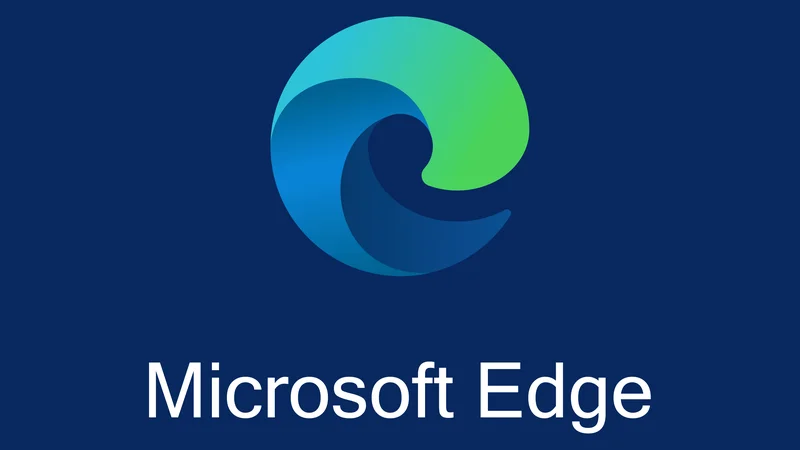It started with a message. A cold, clinical, and utterly impersonal wall of text from Bloomberg: “Our systems have detected unusual activity from your computer network.” And just like that, access denied. The gate was slammed shut, guarded by a cryptic reference ID: `09a1d0db-a044-11f0-af1b-a63445094f31`.
Most people would see this as a simple annoyance. A glitch. A moment of frustration before trying again or just giving up. But when I saw that screen, I didn't feel annoyance. I felt a sudden, shocking sense of clarity. This wasn't a bug; it was a signpost. A declaration from the silent, humming server farms that govern our lives, and the message was clear: Prove you are human.
This is the kind of moment that reminds me why I got into this field in the first place. We are standing at a precipice, a jagged edge between the world we built and the one that is being built for us, and the price of admission is now a constant, algorithmic interrogation of our own humanity. What does it mean when a financial news website, of all things, becomes the arbiter of your digital existence? What happens when the burden of proof is on you to demonstrate you’re not a ghost in the machine?
The Ghost in the Barcode
Let’s be honest. The official reasons for this digital lockout are mundane. Bloomberg’s system suspects you might be a bot, perhaps because your browser, maybe Microsoft Edge or another, is blocking the cookies and JavaScript that act as our digital passports. These are the tiny, invisible breadcrumbs we leave behind that tell the internet’s gatekeepers, "I'm real. I was here. I clicked this."
But we have to look past the code. This is about the slow, systemic erosion of assumed trust. The internet was once imagined as an open frontier. Now, it's becoming a series of heavily guarded, walled-off nation-states, and each one demands to see your papers upon entry. That block reference ID—that string of letters and numbers—is our new digital name, a temporary label assigned to us while the system decides if we’re worthy. It’s a barcode slapped on a human soul.
This is the invisible architecture of the new web, a system of algorithmic proctoring. It uses complex heuristics—in simpler terms, it’s making an educated guess about you based on your digital body language—to sort the authentic from the artificial. The speed of your clicks, the movement of your mouse, the plugins you use, it all feeds into a profile that determines your right to access information. The problem is, as AI gets better at mimicking us, these tests will get harder, more invasive, and more frequent, and we’re all at risk of being flagged as an anomaly. This is the new leading edge of cybersecurity, and it’s a double-edged sword.

Are we building a safer, more orderly internet, or are we just building a more sophisticated cage? And who, exactly, gets to hold the keys?
Our Digital Declaration of Independence
Think about the invention of the printing press. It wasn’t just a machine for making books; it was a device that decentralized knowledge and shattered the informational monopolies of the powerful. It sparked revolutions. Today, we are living through a similar paradigm shift, but in reverse. We are watching, click by click, as the universal right to access information is being subtly replaced by a conditional privilege.
This isn't about blaming Bloomberg. They are just one player reacting to a new reality where automated systems are scraping data, manipulating markets, and flooding the zone with disinformation. They're trying to protect their digital space. But in doing so, they’re contributing to a much larger, more dangerous trend that could push us over the edge. We're creating a digital world where the default assumption is suspicion, not trust.
And the speed of this is just staggering—it means the gap between an open web and a permission-based web is closing faster than we can even have a public debate about it, forcing us to react to a future that’s already been built in the shadows by unseen engineers. We are being asked to prove our humanity to a machine that has no concept of what that even means.
So what do we do? We can’t just turn off JavaScript and hope for the best. This is a design problem, an architectural challenge, and a philosophical one. It requires us to get ahead of the curve, to be on the cutting edge of ethics, not just technology. We need to build new systems, perhaps decentralized identity protocols, that allow us to assert our humanity without surrendering our privacy. We need to demand a web that treats us as citizens, not as suspects.
This Is Our Turing Test
This isn't just about reading a news article. It's about every door we will have to knock on in the digital world. The question, "Are you a robot?" is no longer a quirky captcha checkbox. It is the central, defining question of our time. It’s the Turing Test in reverse—not a machine trying to prove it's human, but us, every single day, having to prove to a machine that we are. And right now, we are failing. Not because we aren't human, but because we've allowed the machines to write the rules of the test. It's time we picked up the pen and wrote our own.

